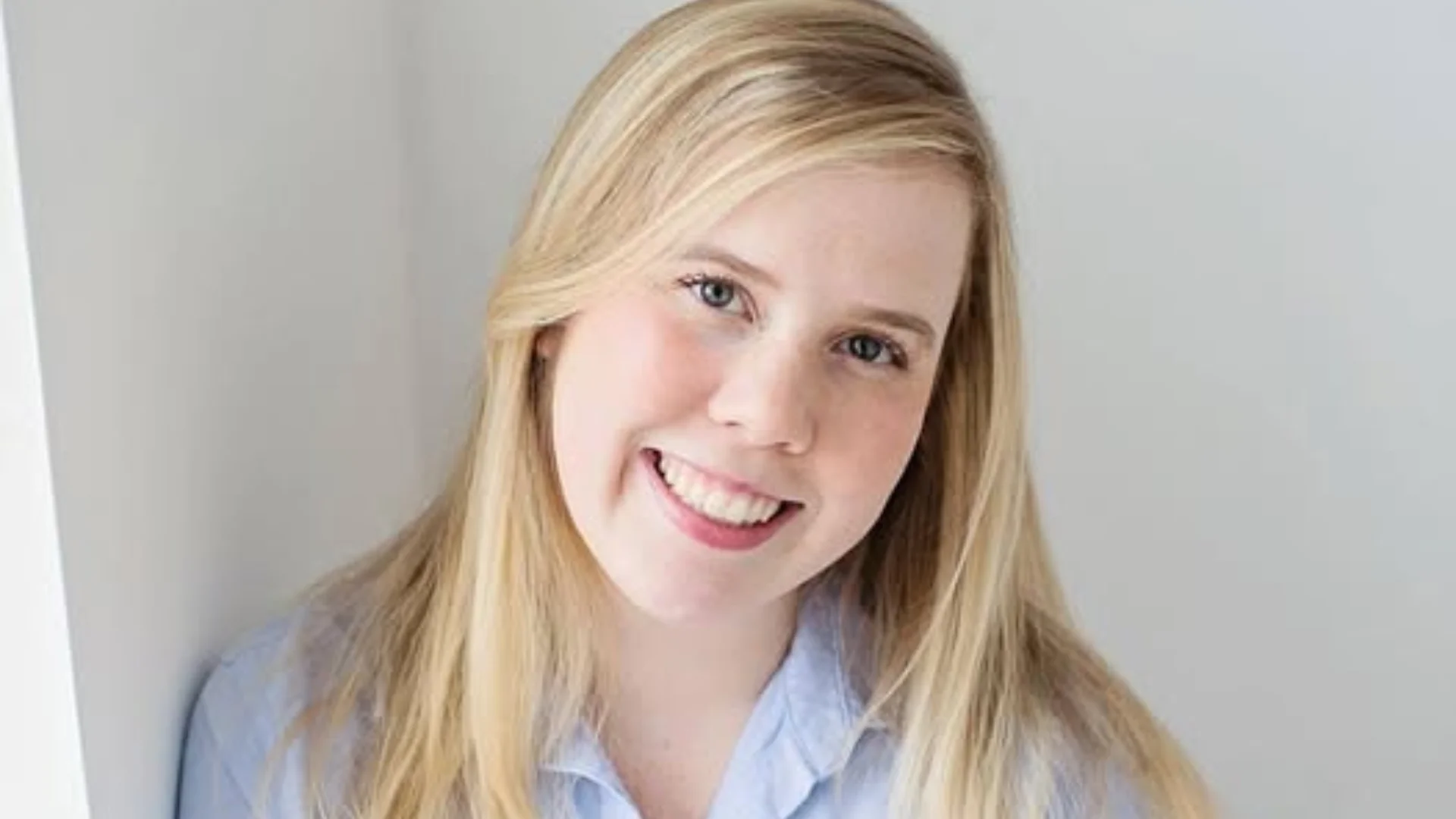Carly Flaagan, Director of Music Therapy Program at University of North Dakota | Official Website
Carly Flaagan, Director of Music Therapy Program at University of North Dakota | Official Website
Music therapy was the focus of a recent event at the University of North Dakota (UND), where more than 100 people gathered at the Josephine Campbell Recital Hall in the Hughes Fine Arts Center to learn about its applications and scientific basis. The session was led by Carly Flaagan, Director of UND’s Music Therapy Program, who described music therapy as an “evidence-based practice of using music as the agent of change to promote health care outcomes across the spectrum of life within an established therapeutic relationship.”
Flaagan acknowledged that defining music therapy can be challenging due to its wide range of approaches and settings. She noted that music therapists work in various environments such as hospitals, hospice teams, nursing homes, memory care facilities, schools, psychiatric units, and private practices. According to Flaagan, “Music therapy can have impacts both big and small on people’s lives. It can help people of all ages and in many populations,” including infants in neonatal intensive care units, Alzheimer’s patients reconnecting through musical memory, autistic individuals developing communication strategies, and people receiving end-of-life care.
To demonstrate a core concept in music therapy—selective attention—Flaagan led the audience through an interactive exercise using Nat King Cole’s song “L-O-V-E.” Audience members played percussive instruments or clapped along with specific cues from the lyrics. Afterward, Flaagan explained: “That is selective attention — ignoring what doesn’t matter so you can do the right thing at the right time. Tonight, you didn’t just hear about music therapy — you did it.”
The event also featured neuroscientist Daniel Levitin, known for his research on music and the brain as well as for authoring several best-selling books including “This Is Your Brain on Music” and “I Heard There Was a Secret Chord: Music as Medicine.” Levitin discussed how scientific studies since the early 2000s have shown that music activates pleasure circuits in the brain, lowers stress markers, influences immune function, and is now supported by research grants from nearly all institutes within the National Institutes of Health (NIH).
Levitin emphasized: “music therapy is evidence-based, not pseudoscientific.” He cited examples such as patients choosing their own relaxing music before surgery experiencing reductions in heart rate comparable to medication; certain types of music therapy increasing infection-fighting antibodies; and melodic intonation therapy helping stroke victims regain speech. He referenced cases like former Congresswoman Gabrielle Giffords’ recovery from a gunshot wound using these techniques.
He also shared stories illustrating how familiar music can help people with Alzheimer’s reconnect with memories or enable those with Parkinson’s disease to regain mobility temporarily when listening to rhythmic cues.
“Mobility is a huge deal, and music restores this autonomy, dignity and self-respect — just music,” Levitin said.
UND recently reinstated its bachelor’s degree program in Music Therapy after a decade-long hiatus. For students beginning this course of study, hearing from experts like Levitin provided affirmation for their chosen field. Flaagan remarked: “Having someone of Dr. Levitin’s stature here at the very start of their journey tells our students this program — and their choice of career — are valued. It empowers them. It validates why they’re here.”
Attendees shared personal experiences with music therapy’s effects. Walter Knipe said he better understood why Glen Campbell's songs eased his headaches after hearing Levitin speak. Sam Johnson recounted how his late mother responded positively to sessions led by UND alumna Lindsey Moffitt during her battle with Parkinson’s dementia: “The lyrics came back... She would actually be able to talk a little bit following a music session. It was remarkable to see. Her quality of life improved tremendously because of the music.”
Mitch Wigness from the UND Alumni Association & Foundation added: “But to see the scientific side of it and know that, neurologically, music therapy can help those with cognitive issues... was eye-opening.”
UND faculty expressed optimism for continued growth in this area.

 Alerts Sign-up
Alerts Sign-up